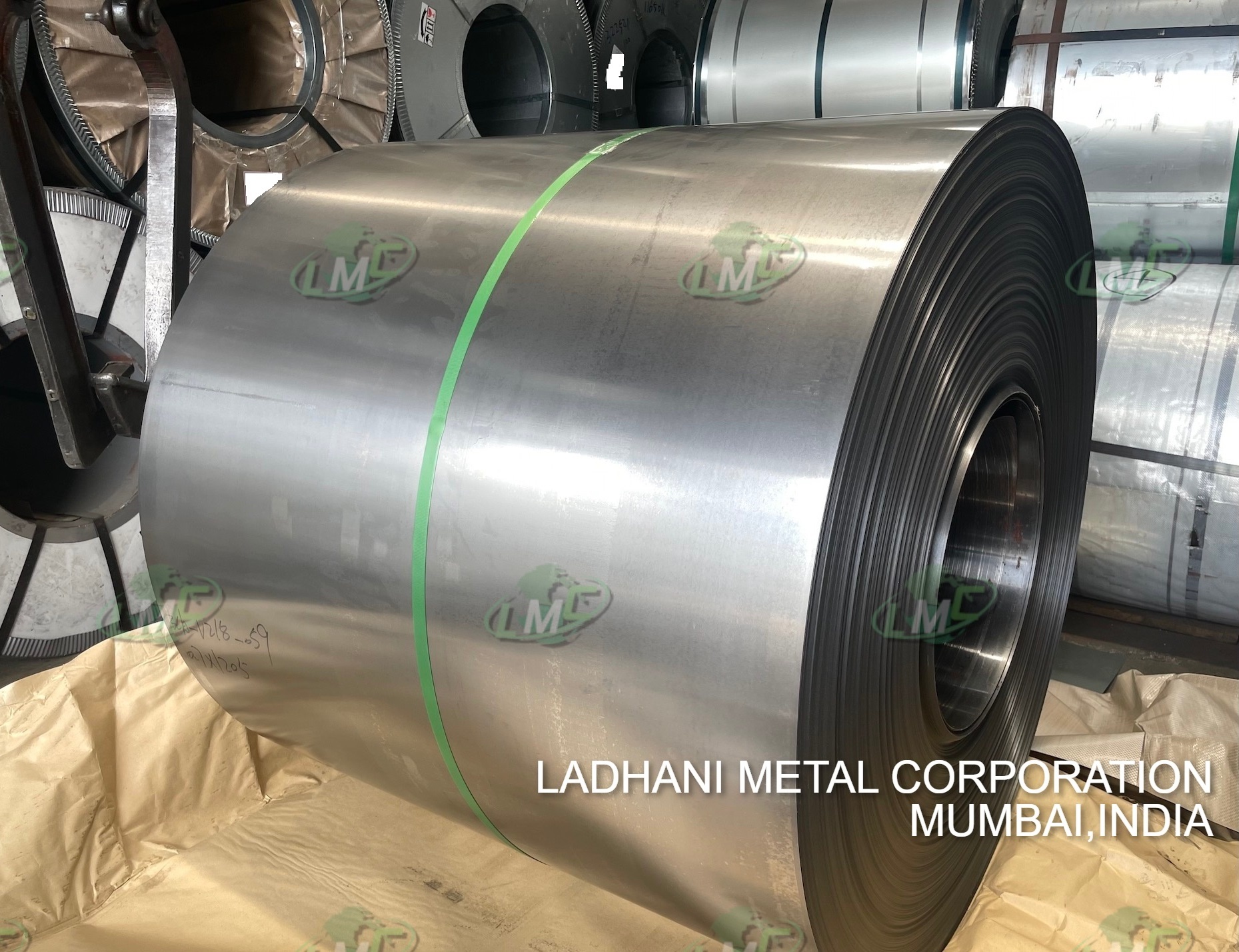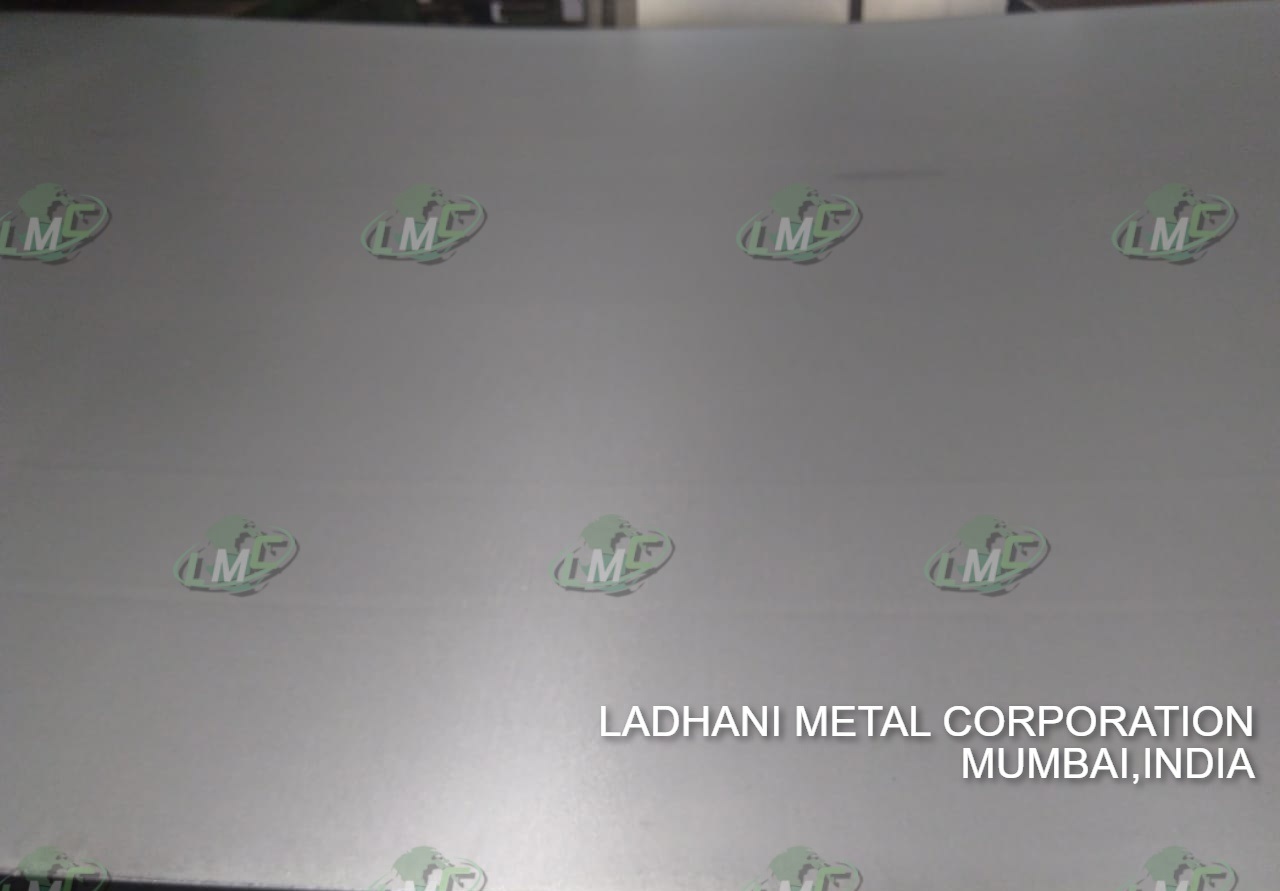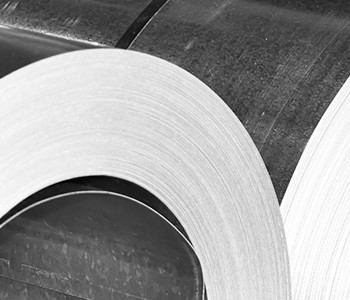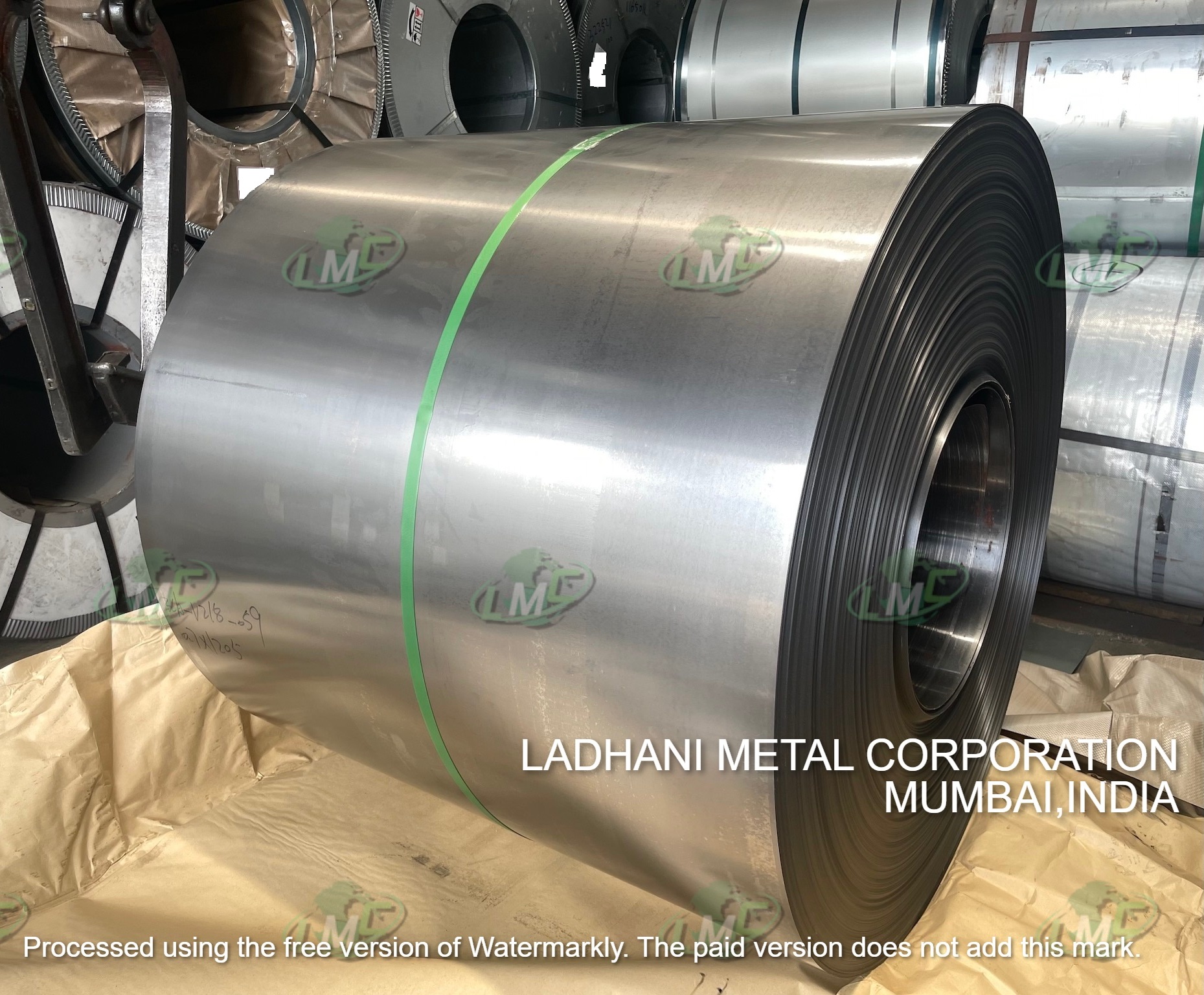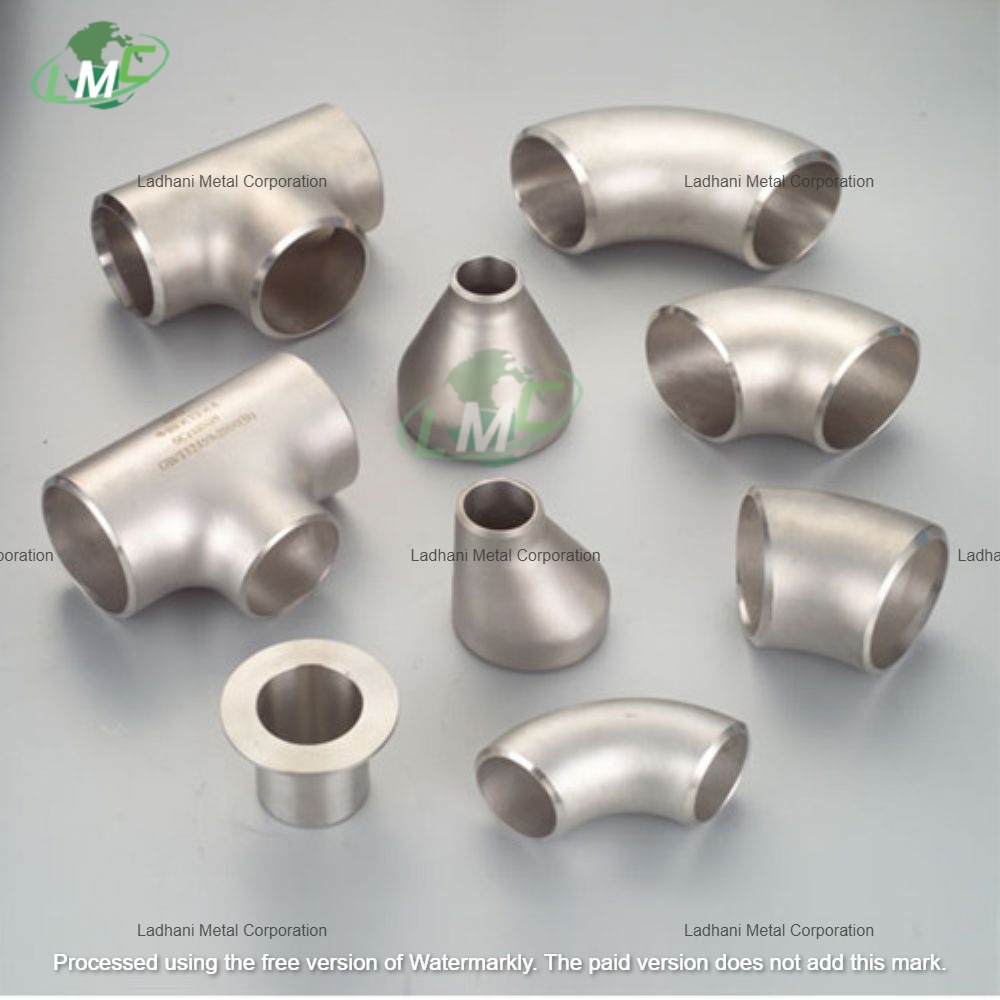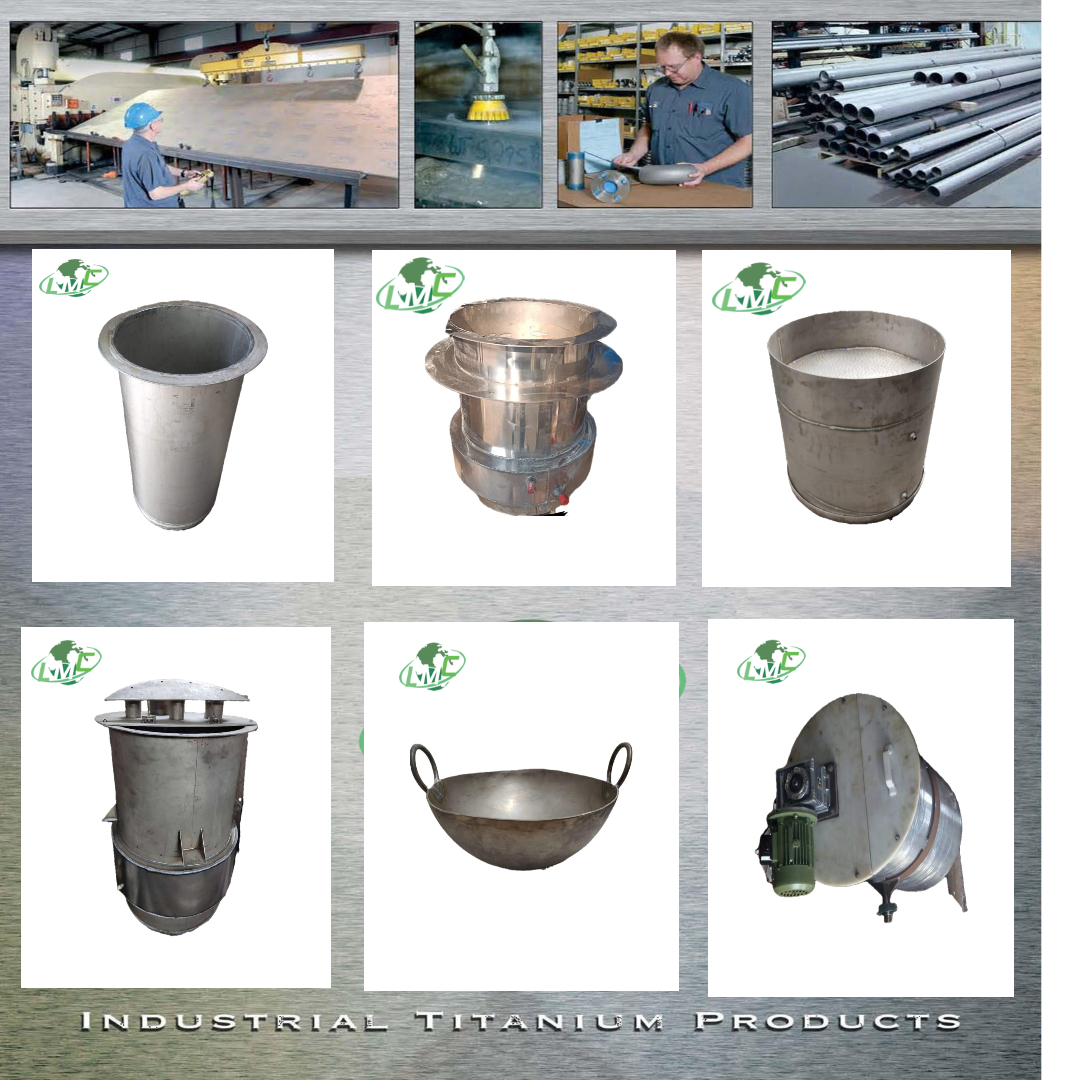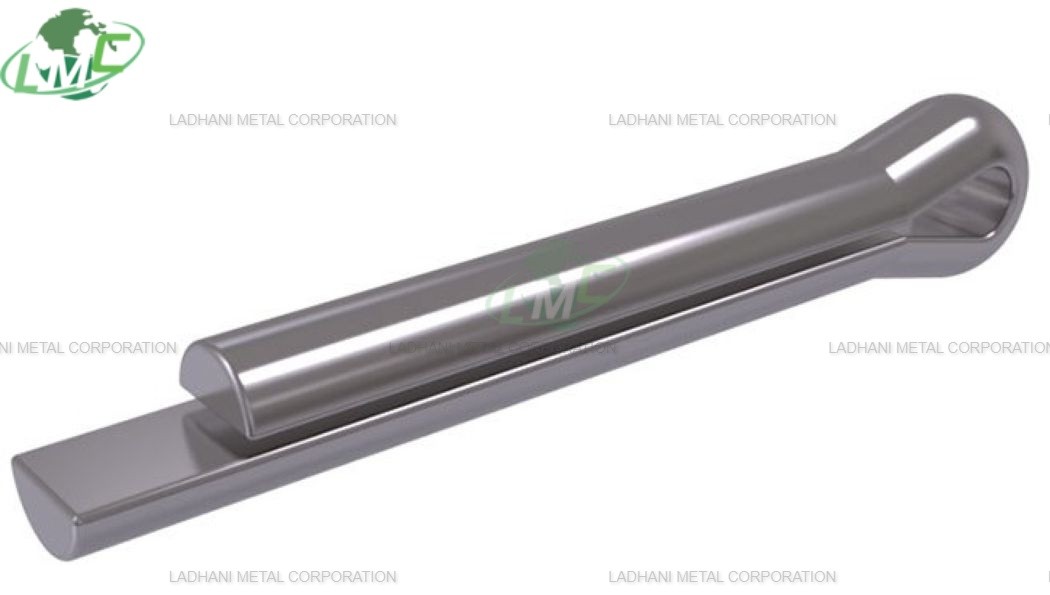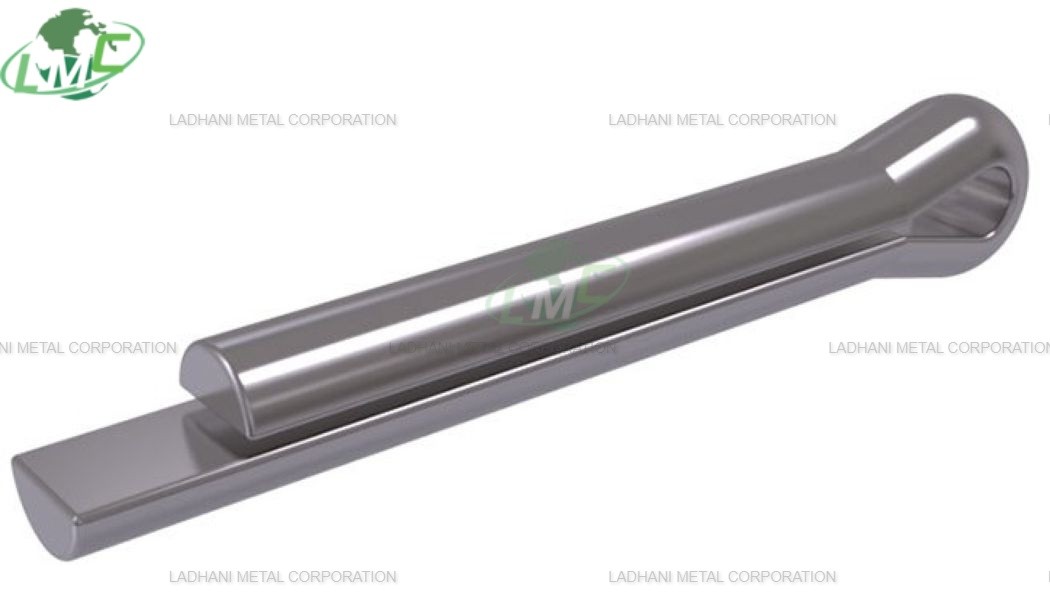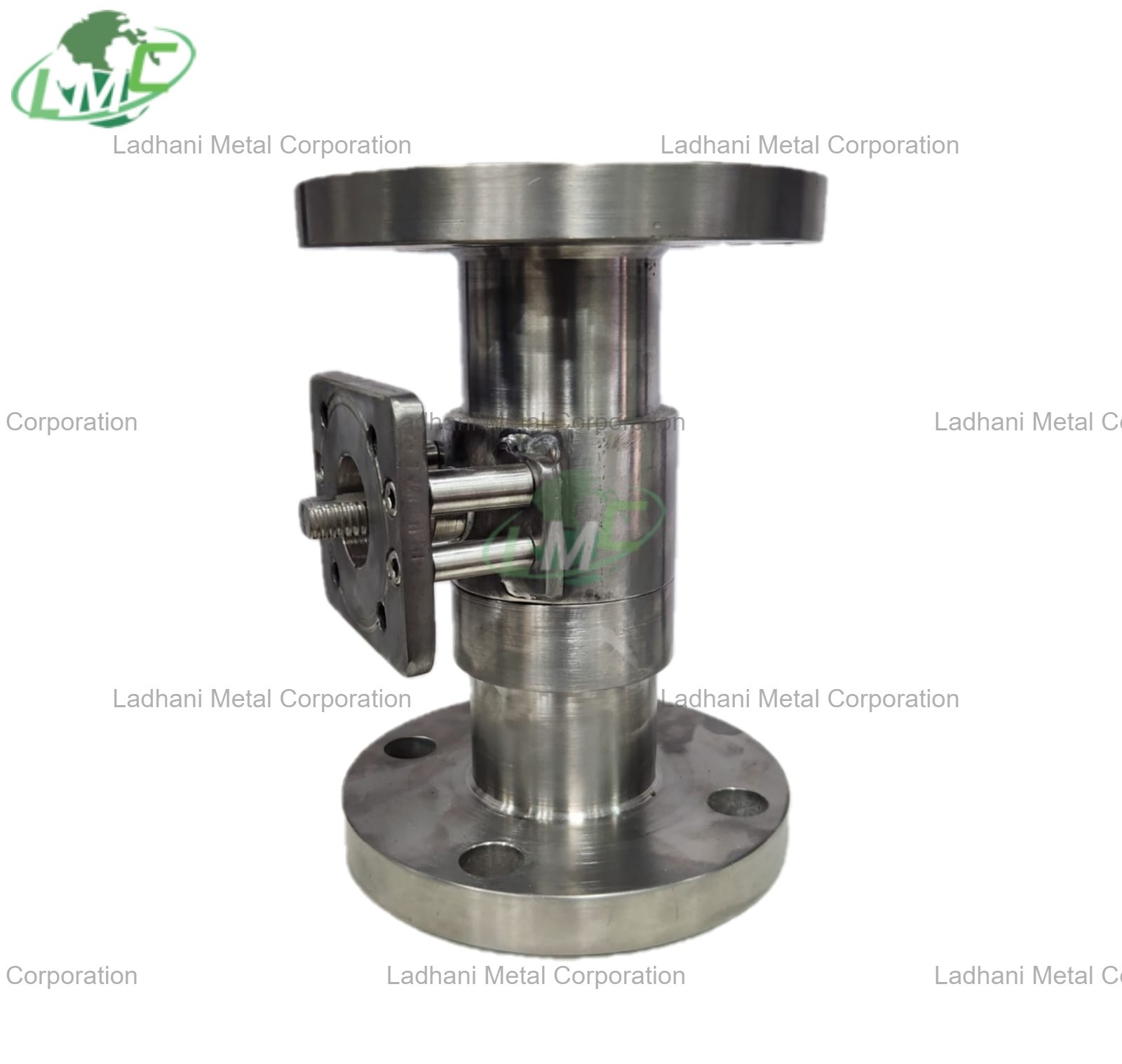QUALITY STANDARD MATERIAL NO. OLD DESIGNATION DC05 DIN EN 10130 1.0312 St 15-03 The special deep-drawing grade DC05 is specified in accordance with the DIN EN 10130 standard, which focuses on cold-rolled flat products made of soft steels for cold forming. This standard specifies the technical requirements and test methods for cold-rolled products used in numerous industrial applications, particularly where exceptional formability and excellent surface quality are required. DC05 is a low-carbon steel that is characterized by its excellent cold formability. The chemical composition of DC05 is strictly controlled to ensure that the material has the desired mechanical properties. The carbon content in DC05 is typically a maximum of 0.02 %, while the manganese content is a maximum of 0.25 %. This composition promotes the high formability and weldability of the steel. The mechanical properties of DC05 are characterized by a low yield strength of maximum 150 MPa and a tensile strength between 270 and 350 MPa. An outstanding feature of DC05 is its high elongation at break of at least 38 %, which illustrates its excellent formability. These properties make DC05 ideal for the production of complex components that require high precision and surface quality, such as body parts in the automotive industry or sophisticated components in the electrical industry. The DIN EN 10130 standard also specifies the tolerances for dimensions, shape and surface finish. These tolerances are crucial to ensure consistently high product quality and to meet the requirements of end users. The surface of the cold-rolled flat products can be supplied in various qualities, from matt to glossy, to meet the specific requirements of different applications. The DIN EN 10152 standard specifies electrolytically galvanized, cold-rolled flat steel products for cold forming, including the special deep-drawing grade DC05. This standard defines the requirements for the zinc coating and the basic mechanical properties of the base material. DC05, when electrolytically galvanized in accordance with DIN EN 10152, is given an additional corrosion protection layer of zinc. This layer protects the material from oxidative influences and significantly increases the service life of the components made from it. The zinc coating can be applied in various thicknesses, depending on the specific requirements of the application. Typical coating thicknesses range from 5 to 20 µm. The chemical composition and mechanical properties of the base material DC05 remain unchanged after galvanizing and meet the requirements of DIN EN 10130. DC05 therefore retains its excellent cold formability and mechanical performance. The yield strength, tensile strength and elongation at break also remain in the same range as for ungalvanized DC05. In addition to mechanical performance, the quality of the zinc coating is of central importance. The DIN EN 10152 standard specifies the requirements for the uniformity of the coating, the adhesive strength of the zinc and the surface quality. These requirements ensure that the galvanized products offer high corrosion resistance and an aesthetically pleasing surface. The use of DC05 in accordance with DIN EN 10152 is widespread in the automotive industry, in the construction industry and in the manufacture of household appliances, where improved corrosion resistance is required in addition to high formability. Electrolytic galvanizing offers optimum protection here without impairing the excellent mechanical properties of the base material. In summary, it can be said that the special deep-drawing grade DC05 offers a wide range of applications in accordance with both DIN EN 10130 and DIN EN 10152. While DIN EN 10130 focuses on high formability and surface quality, DIN EN 10152 supplements these properties with improved corrosion resistance thanks to the zinc coating. Both standards ensure that DC05 is a reliable and high-quality material for numerous industrial applications.
Send Message
